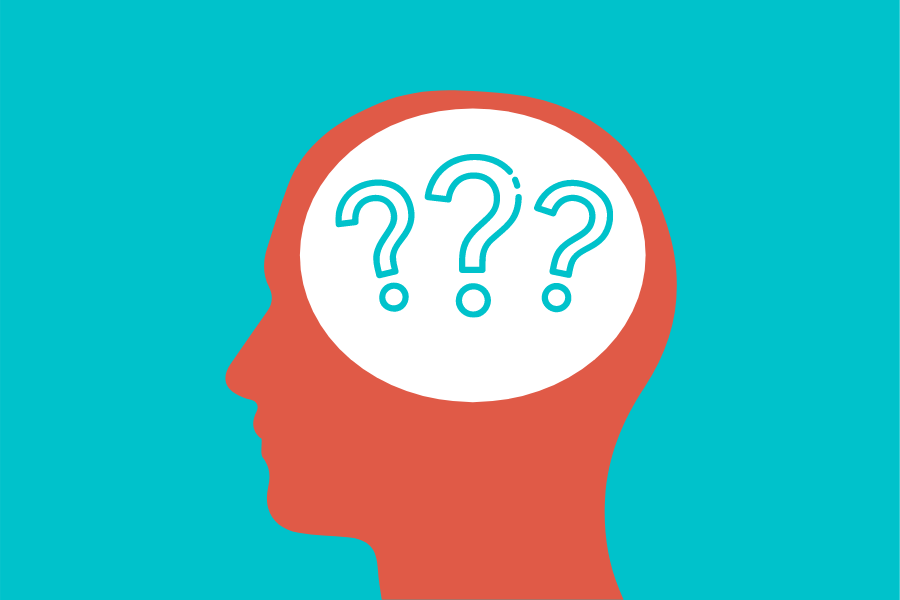OPINION: NTI has shown how imperative mental health days are
March 28, 2021
Mental health struggles are a universal issue that touch every corner of the globe and reach those from any and every background. Students in particular are vulnerable to these problems, having to balance multiple variables and grappling with the transition into adulthood.
The mental health days implemented into NTI have helped students cope with their stress. Schools should continue to implement mental health days as part of the normal school calendar, seeing as students reap immense benefits from them.
Manual incorporated mental health days into the NTI schedule in order to help to mitigate any stress students may be having. Crimson Days typically fall on Wednesdays, unless a shortened week or holiday is also present.
According to a survey conducted by Manual RedEye, 97% of students find mental health days to be useful and 94% of students find there are a variety of benefits that come with them. Mental health days include different opportunities students can take advantage of, such as to talk with their teachers or counselors, join fun activities and connect with peers or just take a day off to unwind. It helps students take a step back and get a breather, whether by allowing a day to catch up or to focus on positive mental health strategies.
However, these opportunities are not going to be present when school returns in-person starting April 5. Over the course of NTI and the pandemic in general, students’ mental health have been suffering greatly. Loads of homework, lack of separation between home and school life, little socialization, tragedies that have occurred both at home or in the community and other detrimental repercussions from the pandemic have got students mentally taxed.
“I feel that especially with the growing amounts of stress that comes with the pandemic and current issues in this country, as well as the declining mental health due to the pandemic, students need days to catch up on assignments and to take care of their mental health,” Rachael Kennedy (10, MST) said.
“We need that time to catch up on work and to take a break,” Noah Reinke (10, YPAS) said.
“This year has been extremely overwhelming and I feel like I have been floating through the monotony of homework, sleep, eat and repeat. Along with work,” Believe Chakenya (10,HSU) said, “Going back in-person is going to require more adjustment and weeks of trying to get into a new flow. And I’m sure I will be wishing for mental health days.”
The mental health days Manual had set for NTI has benefited many students, leaving them content and properly fulfilling their needs.
“Honestly, it gives a much needed break from school occasionally,” Darrel Simon (9,VA) said, “I’m constantly stressed and on edge because of the extreme amount of school work, so I think an occasional break in the form of mental health days is extremely beneficial.”
It’s refreshing to get a break during the week. We deserve a chance to breathe,” Jaylen Mills (10,HSU) said.
“It allows me to take a deep breath during the middle of the week and finish work early,” Bay Standrod (9,YPAS) said.
These same mental health opportunities won’t be here come the start of the new schedule after spring break. Even though many students are unhappy with the change, there are still alternative options both students and the school can take.
What can students do?
- Take the occasional break. Even though you may think it may cause more problems, that one break can determine if you have a breakdown in the future. It’s ok to take a step back and mentally reset.
- Talk about your feelings to someone you trust, such as a family member, counselor or a mental health therapist. Talking to your teacher is also beneficial, as it may help them understand what you are going through and they may give you a break from or help with an assignment. Communication is a positive strategy and essential to maintaining a healthy state of mind.
- Some stressors are connected with how a student is dealing with school at the time. This could look like not having ideal grades, procrastinating too often or simply feeling overwhelmed with the workload. Make a schedule to deal with school work earlier in the week instead of later and help get yourself centered. For ways to deal with procrastination, check out Procrastination culture needs to stop.
What can Manual do?
Manual has already taken a step to ensure that they can limit the stress students experience from school, especially as they transition from either NTI to in-person or as virtual learners switch schedules. The administration and the counseling team are working diligently to help all students manage the stress, anxiety and other factors they may be facing. Counselors will also be ready and available to talk with students who need it.
When life becomes relatively normal again, Manual can do more to help students deal with their mental health. For starters, the school can implement more Crimson Hours per grading period, instead of just the one hour per six weeks. A few extra hours of time during the school day can immensely benefit students and give ample room to address teacher/counselor resources or catch up on missing tests and assignments.
Another alternative is to mimic the NTI Crimson Day in an in-person setting. The Crimson Day would run through most of the day, just like how it currently works for NTI. Time not actively used for addressing mental health can go into class meetings, teacher meetings, club meetings or a meet and greet to get to know other people in the school. Either scenario provides a productive environment that also stimulates a variety of friendly, jovial minds.
Although poor mental health is a prominent issue among students, especially during these times, there are many things the school and students themselves can do to help mitigate the stress. Some beneficial resources include the mental health Google Classroom run by the Student Senate and the Substance Abuse and Mental Health Services Administration (SAMHSA) national healthline, which allows anyone the chance to talk about any mental health issues they may have.









